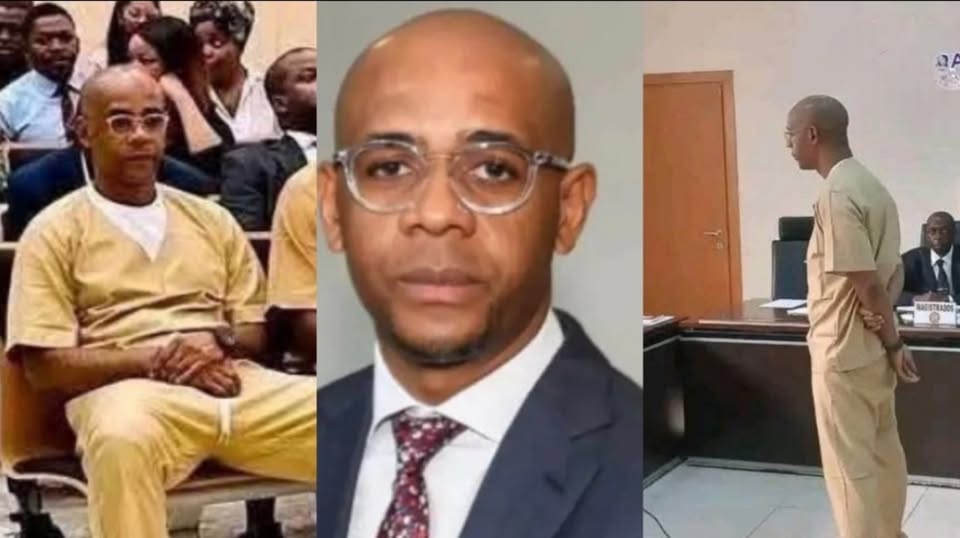Prominent political figure Baltasar Engonga Ebang has been sentenced to 18 years behind bars following a major corruption scandal that has sent shockwaves through Equatorial Guinea’s political scene. The verdict, delivered on July 2, 2025, comes after Ebang was found guilty of embezzlement, abuse of power, and illicit enrichment.
The court found that Ebang had misappropriated over 1 billion CFA francs during his tenure, pocketing a staggering 910 million CFA francs for personal gain. Alongside the prison term, he was fined an equivalent amount and permanently barred from holding any public office throughout his sentence.
This marks a dramatic fall from grace for the former official, who once held considerable influence in the government. While corruption charges are not uncommon in the region, the sheer scale of this case and the swiftness of the judicial process have drawn significant attention.
Court Delivers Strong Message Against Corruption
The conviction is seen as a strong signal from authorities aiming to restore public trust in government accountability. Legal analysts suggest the decision is a pivotal moment in the fight against entrenched corruption and impunity among high-ranking officials.
Importantly, this case was unrelated to an earlier controversy involving Ebang. In November 2024, he was acquitted in a separate case linked to leaked explicit videos—a scandal that caused considerable political embarrassment but did not result in legal consequences.
The current charges, however, stem from an intensive financial investigation that traced illegal transfers and misuse of public funds. Prosecutors argued that Ebang used his official position to funnel state resources into personal accounts, properties, and luxury expenditures.
In court, the defense attempted to minimize the scope of wrongdoing, but financial records and testimonies painted a clear picture of sustained and deliberate exploitation of government funds for private benefit.
Public response has been mixed—some see the sentencing as a victory for justice, while others question whether deeper systemic reforms will follow. Activists argue that corruption cases like Ebang’s are only the tip of the iceberg, and true progress requires broader institutional transparency.
Meanwhile, the government has stated it will pursue asset recovery efforts to reclaim the stolen funds. International observers are closely watching the outcome as a test case for how Equatorial Guinea handles financial crimes at the highest levels.
Baltasar Engonga Ebang now begins an 18-year sentence, a sobering chapter in the nation’s efforts to confront political corruption. Whether this case sets a new standard for accountability remains to be seen.






